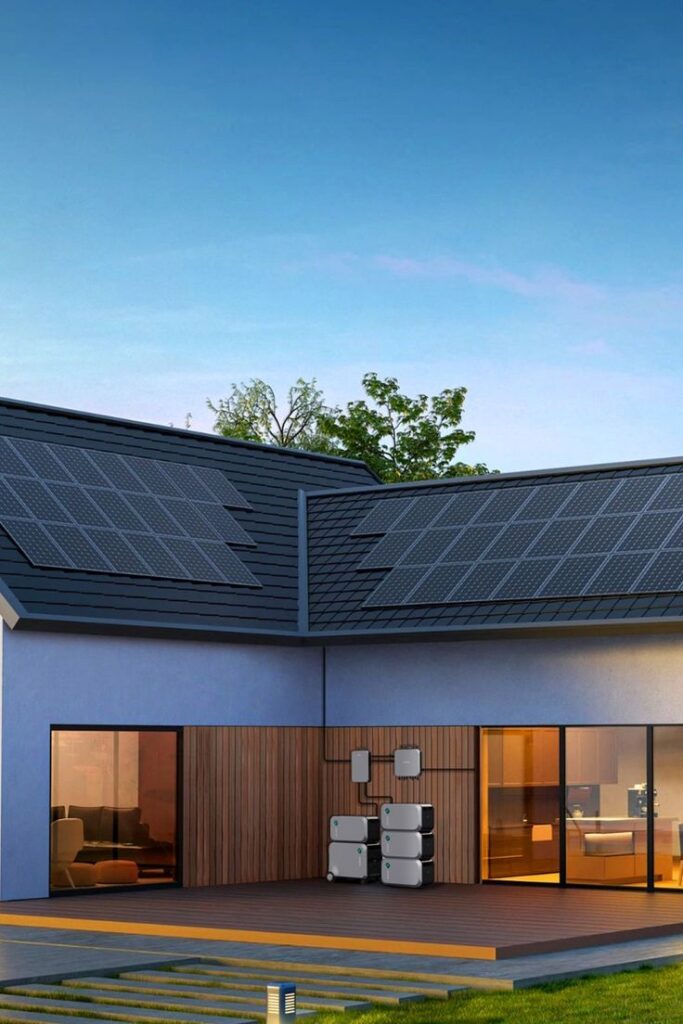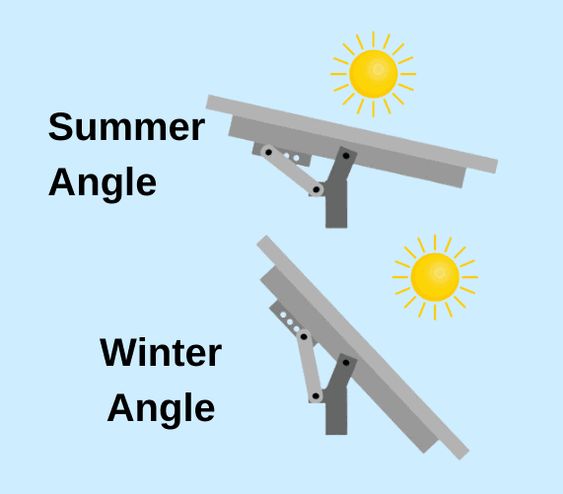

Solar power is no longer just the panels on the rooftops of homes and businesses. Over the years, the integration of solar batteries has been a revolution in solar power production due to its efficiency, cost and self-sufficiency. In case you are interested in purchasing solar panels from aj-renewables.co.uk or other suppliers, it is essential to know how solar batteries enhance your system. In this article, we’ll learn about how these batteries operate, how they help to increase energy security, and how they help reduce electricity costs.
What Are Solar Batteries?
Solar batteries are meant to store the power produced by your solar panels during the day which is in excess of what you require. While a solar power system feeds excess electricity to the power utility company, a solar battery stores it for future use. The energy that is stored can then be used when your solar panels are not producing electricity such as at night or during very cloudy days. In other words, these batteries provide more flexibility with the energy you produce, so that none of it is wasted.
Increased Energy Independence
One of the greatest benefits of integrating a battery to your solar power system is the ability to reduce dependence on the grid. If you are able to store the solar power for use later, then you will be able to minimise your use of electricity from the normal suppliers. This is especially important during the time when electricity tariffs are high, or in areas where power rationing is a norm. Solar batteries allow homeowners to store energy for later use and continue to use solar power when the grid is out, making them a good backup power source.
Reducing Electricity Bills
For homeowners, solar energy is a means of reducing electricity bills, but the battery helps to avoid the loss of most of the generated power. In the case where solar panels generate more electricity than is required at any given time, this power is fed back into the grid. Although this can get you credits through a system like net metering, it does not save as much as possible. When you store the excess energy in a battery, you can utilise it during the periods of high utility tariffs, which will greatly decrease electricity expenses. In other words, with a battery, a well-designed system allows you to get the most out of your solar investment.
Making the Most of Off-Peak Hours
Last but not the least, solar batteries are also ignored for their capacity to assist you in managing energy in a way that is most cost-effective. Energy tariffs vary with time, and the utility firms tend to have higher tariffs during the peak hours. A solar battery enables you to store electricity during cheap hours, and use it during the expensive hours instead of using costly grid electricity. That way, you reduce the dependence on grid electricity when it is most expensive, maximising the value of solar electricity.
Enhancing Sustainability
Solar energy is already one of the cleanest and most sustainable energy sources available. However, pairing it with a solar battery can further reduce your environmental impact. When you rely on the grid, even with solar panels, you’re still drawing some power from traditional, fossil-fuel-based sources, especially at night. A solar battery minimises this reliance, ensuring that more of your energy needs are met through renewable sources. This step increases your household’s overall sustainability, allowing you to take even greater responsibility for your environmental footprint.
Maximising Solar Panel Efficiency


Solar panels are designed to work efficiently during daylight hours, but without a battery, that efficiency ends when the sun goes down. A solar battery helps bridge the gap between day and night by storing the energy generated during peak sunlight hours for use later. This ensures that you’re getting the maximum possible efficiency from your panels, allowing you to power your home for more hours of the day without drawing from the grid. Essentially, solar batteries enable your solar system to operate at its full potential, maximising the return on your investment.
Protecting Against Rising Energy Costs
With energy costs rising around the world, future-proofing your home’s energy system has become increasingly important. A solar battery allows you to lock in long-term savings by insulating your household from fluctuating utility rates. As electricity prices continue to climb, those with a battery-equipped solar system will benefit from reduced exposure to these price hikes. This combination of solar panels and energy storage provides a hedge against future energy market volatility.
Future-Proofing Your Solar Investment
Incorporating a solar battery into your system offers far more than just backup power. It enhances the efficiency of your solar panels, reduces your reliance on the grid, and cuts down your electricity bills in the process. By enabling the use of stored solar power during peak hours and protecting against rising energy costs, solar batteries are a key component of a future-proof energy strategy. Whether you’re just starting to explore solar power or looking to upgrade an existing system, solar panels paired with a battery, can take your energy independence to the next level.
- 12shares
- Facebook0
- Pinterest12
- Twitter0
- Reddit0



